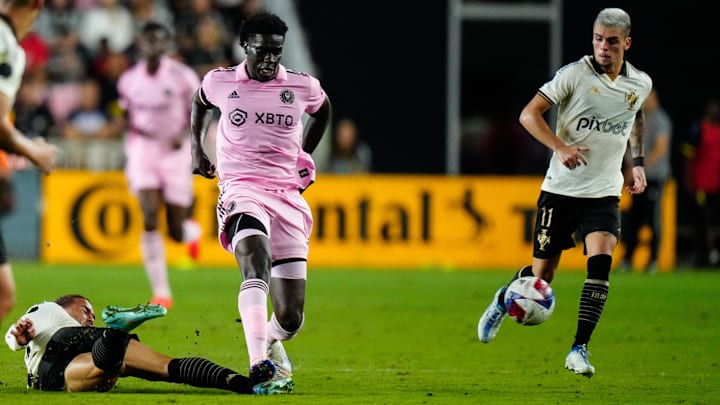In Brazil, the Brazilian Championship is revered as the most balanced tournament in the world, but does it really surpass other leagues in terms of competition? A careful analysis reveals that the Major League Soccer (MLS) presents a diversity of champions that surpasses the traditional Brazilian tournament, proving to be a more balanced and unpredictable competition over the years.
Since its inception in 1996, the MLS has been the stage for a fierce and exciting competition, with 15 different teams lifting the MLS Cup trophy. On the other hand, the Brazilian Championship, despite its rich history and tradition, has seen only 11 different teams clinch the title since 1996. This discrepancy alone is indicative of the greater competitiveness of the MLS compared to the Brazilian scene.
Follow MLS Multiplex on X (Twitter).
One of the factors contributing to the competitiveness of the MLS is the franchise system and league structure. Unlike the Brazilian model, where teams are independent clubs, the MLS operates with a franchise system aimed at promoting competitive equality. This means that even teams considered weaker have the opportunity to compete on equal footing with the strongest, thanks to policies such as the young talent draft and the salary cap system.
Another point to consider is the diversity of playing styles and strategies adopted by teams in the MLS. With the presence of players from different nationalities and cultures, the American league becomes a melting pot of ideas and tactics, providing an environment where any team can stand out. This variety of tactical approaches makes MLS games unpredictable and exciting, further enhancing the competitiveness of the tournament.
Furthermore, the MLS has consistently invested in infrastructure and soccer development, resulting in a significant increase in the technical quality of teams and players over the years. American clubs have sought to attract top international talents and invested in the development of young players, raising the level of soccer played in the league. This commitment to the growth and evolution of the sport contributes to the competitiveness of the MLS and makes it an increasingly attractive league for players and fans.
The Brazilian Championship has faced challenges regarding its competitiveness in recent years. The concentration of power in the hands of a few traditional clubs, such as Palmeiras and Flamengo, coupled with a lack of investment in infrastructure and youth soccer development, has created a scenario where few teams have real chances of competing for the title. This results in a predictable championship, where the same clubs dominate year after year, ultimately harming the competitiveness and public interest.
It is important to emphasize that the competitiveness of a league is not only about the number of different champions but also about the excitement and unpredictability it provides to fans in each game. While in the MLS it is common to see teams from the bottom of the table win games against championship leaders, in the Brazilian Championship, this is difficult to happen, and when it does, it is a surprising feat.
In this aspect, the MLS stands out as a league where any team can surprise and win the title, making each game a unique and thrilling experience for fans.
In light of these facts, it is undeniable that the MLS presents superior competitiveness to the Brazilian Championship. With a diversity of champions reflecting the variety and balance of the league, the MLS consolidates itself as one of the most exciting and unpredictable leagues in the world. While Brazil struggles to revitalize its national competition and promote a more balanced and competitive environment, the MLS continues to grow and attract increasing attention.
